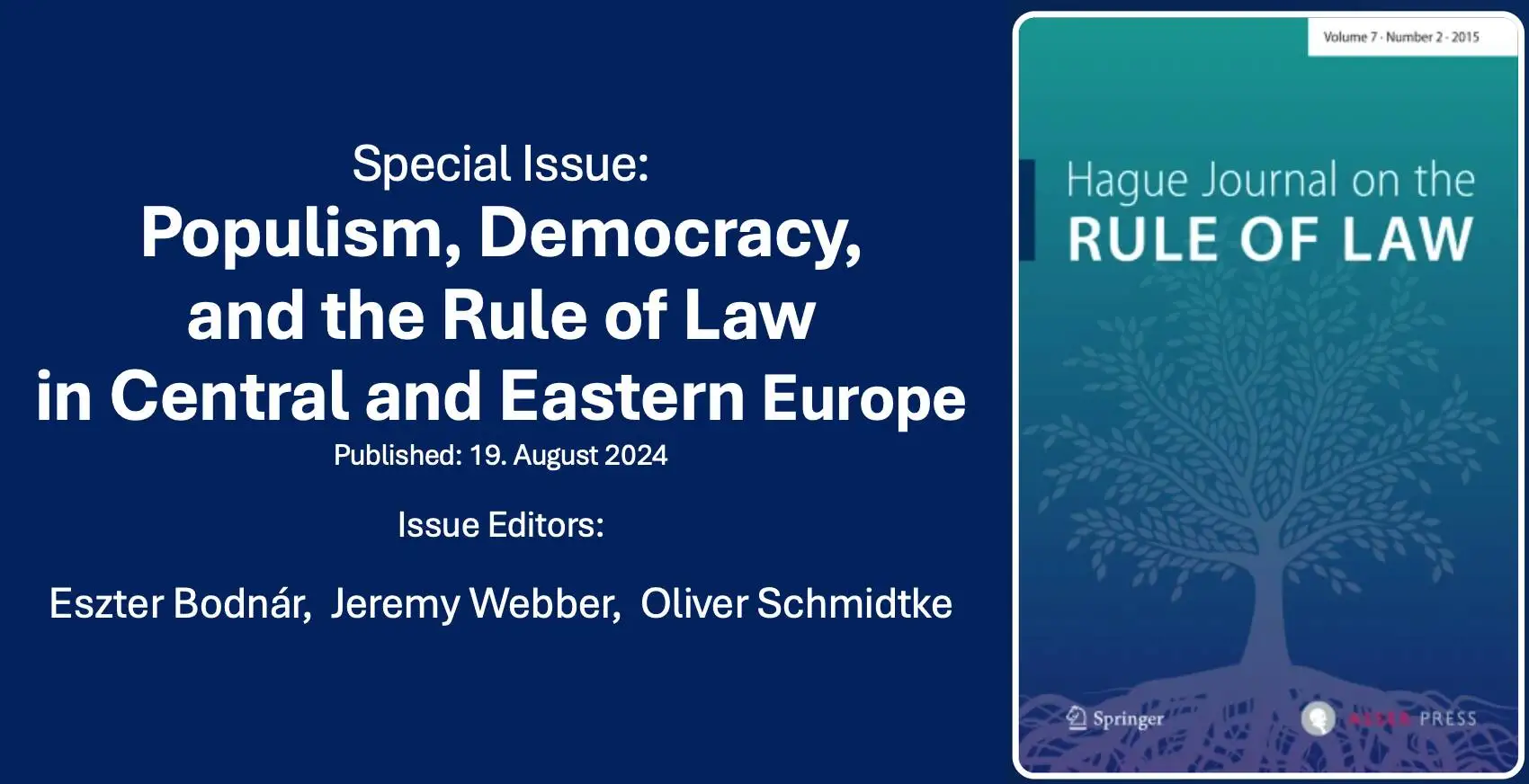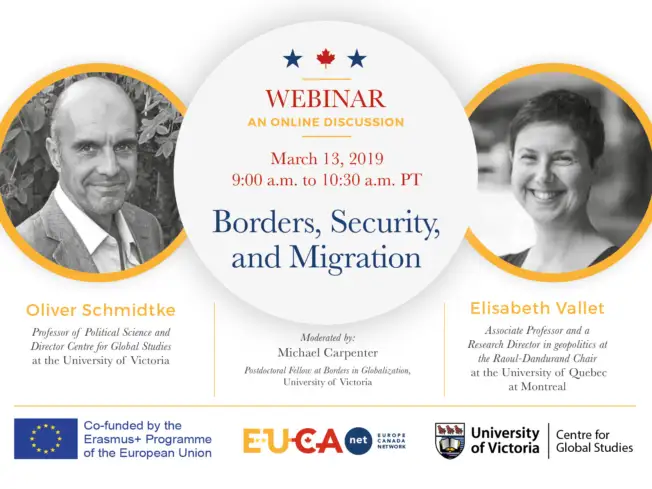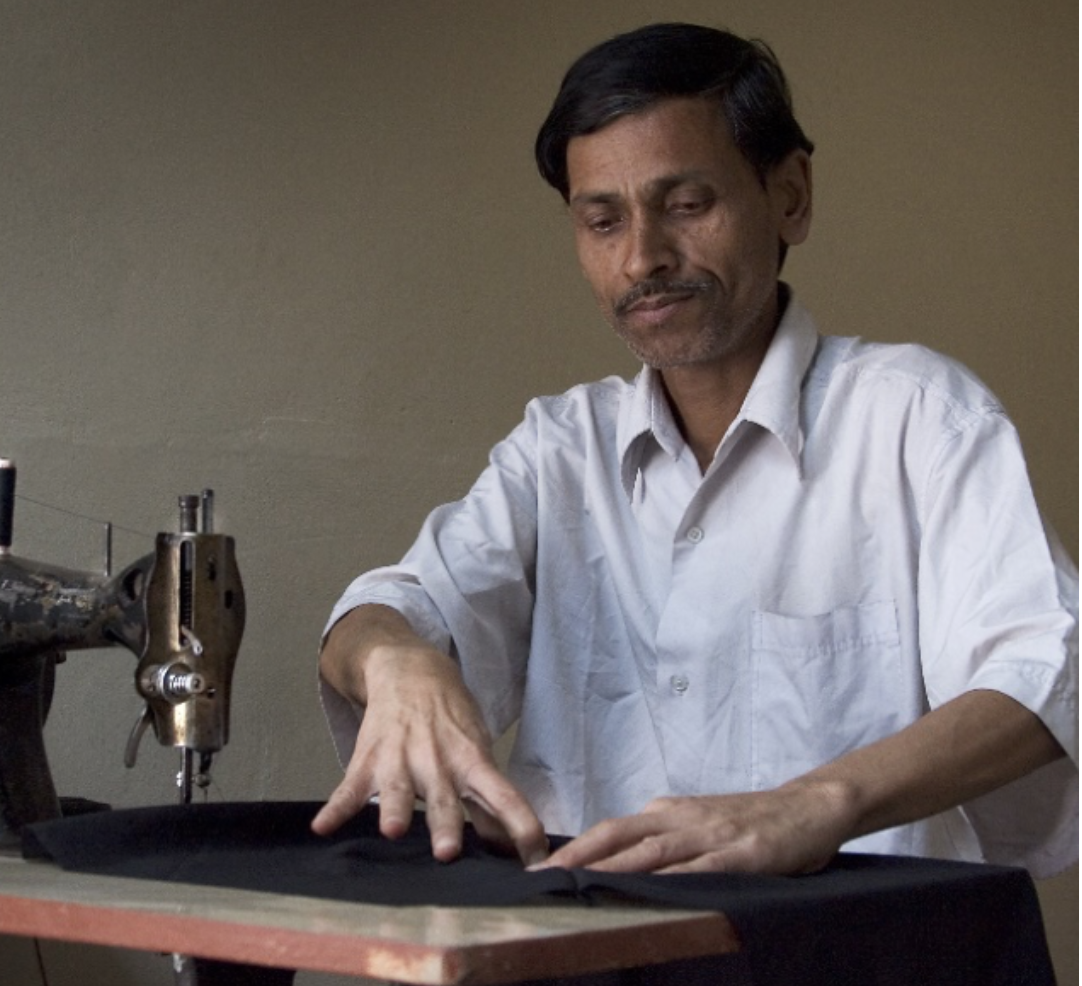Dr. Pablo Ouziel: Revisiting Spain’s Populist Moment: Left/right Populism and Beyond
Pablo Ouziel, Centre for Global Studies, University of Victoria, participated in the international conference “Constitutionalism in the Age of Populism”, March 6-8, 2020.
In his presentation Ouziel recalled that in ‘For a Left Populism’, Chantal Mouffe argues that following the economic crisis of 2008, the neoliberal hegemonic formation has been challenged from both the right and left. She argues this is a new conjuncture that she calls the ‘populist moment’ in which the type of politics required to recover, deepen and extend democracy is left populism. Practicing public philosophy and thinking along with Mouffe, Ouziel critically analyses Mouffe’s populist moment in a Spanish key. Studying the resurgence of contestatory collective presences and left and right populist political parties in post-2008 economic crisis Spain, he presents a sketch of Spain’s current political moment. By discussing the left party-movement Podemos, the far-right party VOX, and the collective presence of 15M, he argues that in Spain, the mode of being of 15M presents a virtuous alternative to VOX, to Podemos, and to the status quo.
Pablo Ouziel also participated in the video series on Populism and Democracy and accepted the invitation to respond to a bold question “What are the greatest challenges that populism poses to democracy?”.
Thinking along with Anthony Laden’s distinction between a conception of democracy as open and a conception of democracy as closed, in this video interview, Pablo Ouziel is talking about the challenges faced by democracy and stresses that there are different answers to be given, depending on our understanding of democracy. Considering democracy as “closed” – namely a western conception of representative democracy – the scholar identifies three major challenges. The first challenge is a “hollowing out”, that is the disconnection of people’s expectations from democracy with the conception of representative democracy. This is exemplified, for example, in the constant lowering of voter turnout, the increasing number of street demonstrations and the alternative forms of democracy – says Ouziel. A second challenge is the rise of right-wing populism which – in a certain sense – can be seen as a representation of the failure of socialist parties in Europe to articulate the grievances of those that are most affected by neoliberal globalization. A third challenge is given by left populism. “Although I agree with the analysis of the conjuncture, I think that in their answer to it they reproduce the very power structures they are trying to destroy”, says Ouziel.
In contrast with this closed conception of democracy, where the challenges are external, Pablo Ouziel notes that the greater challenges for an “open” conception of democracy are internal. This conception of open democracy “is the way we, as individuals, decide to relate with each other”, says the scholar, therefore “we are democratic in the way that we act democratically”. Democracy here is not intended as a system, rather as “democratization practices”. As a consequence, in this picture the greatest challenge for democracy emerges when individuals stop being democratic – posits Ouziel.
Short Bio
Pablo Ouziel holds currently Post-Doctoral Fellowships with the Centre for Global Studies, the Borders in Globalization Project (BIG) and the Political Science at the University of Victoria, working on a project titled “Towards democratic responses to the crisis of democracy in Spain: Forms of Participatory and Representative Civic Engagement”.
Pablo Ouziel’s research interests include public philosophy, collective presences, horizontality, nonviolence and civic democracy. By standing within the tradition of public philosophy, the core of his work is centered on excavating networks of individuals governing themselves in numerous ways that supersede our current structures of representative government. He not only contributes to the project with his experience about Spain, another country effected by the populism but has a leading role in organising the graduate students’ involvement in the project.
You can read more about Pablo Ouziel’s current research here.
This video is part of the CEDoD project and was produced as part of the event “Constitutionalism in the Age of Populism”, which took place on 6-8 March, 2020 in Victoria, BC. CEDoD stands for “Canada Europe Dialogue on Democracy: Democratic Deficit and the Rise of Populism in Europe”. This project is co-funded by the Erasmus+ Jean Monnet Action of the European Union, the Centre for Global Studies, University of Victoria, the Social Sciences and Humanities Research Council of Canada (SSHRC), the Faculty of Law at the Eötvös Loránd University (ELTE), the Australian Government through the Australian Research Council and the University of Victoria: the Faculty of Law, the Centre for Global Studies, Vice President Research Office, Faculty of Humanities and the Faculty of Social Sciences. The European Union support for the production of publications does not constitute an endorsement of the contents which reflect the views only of the authors, and cannot be held responsible for any use which may be made of the information contained therein.









